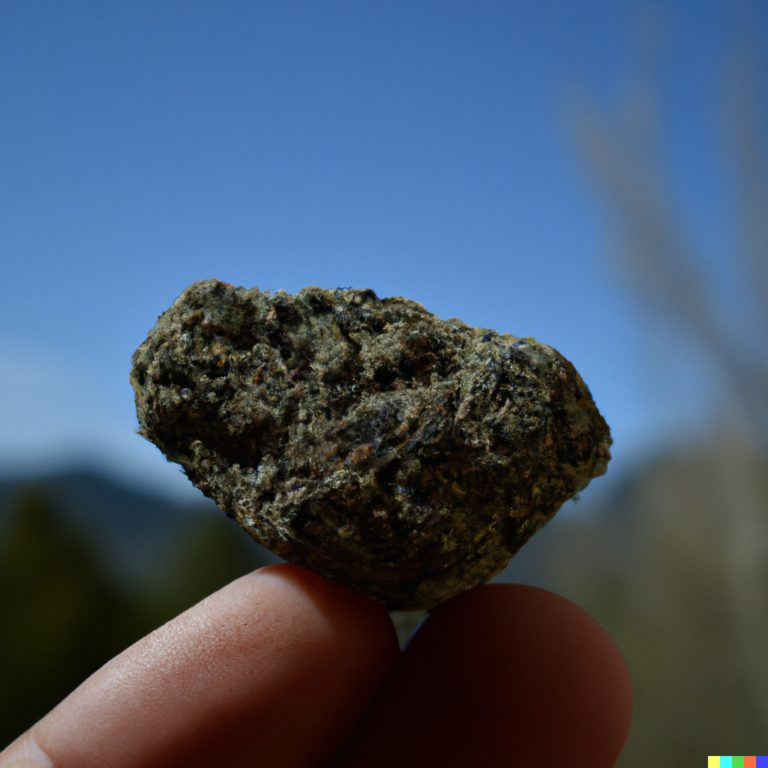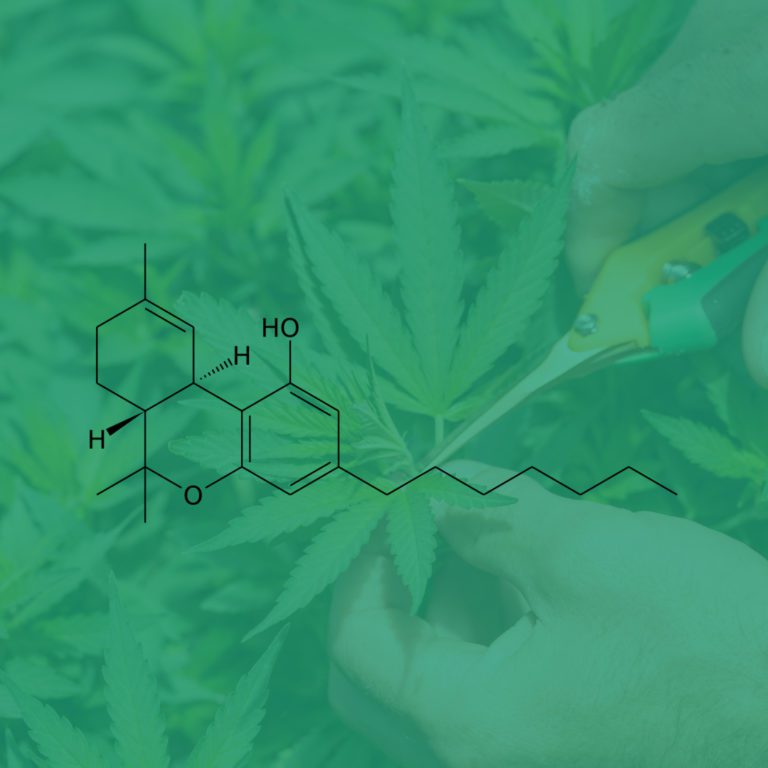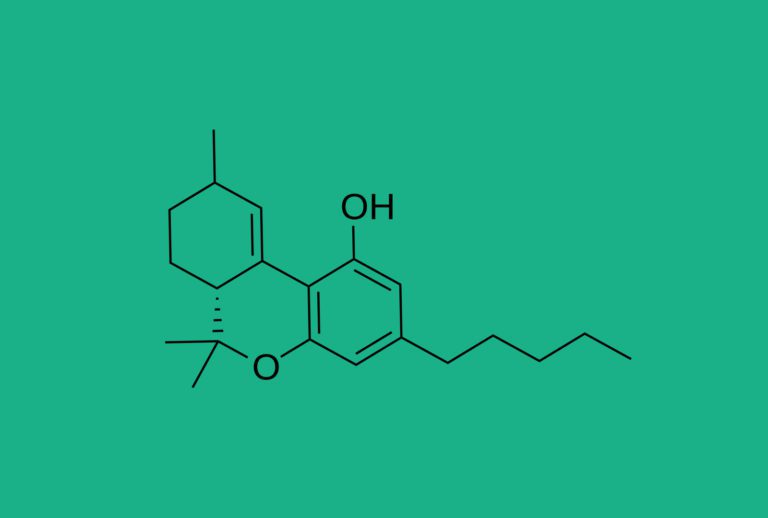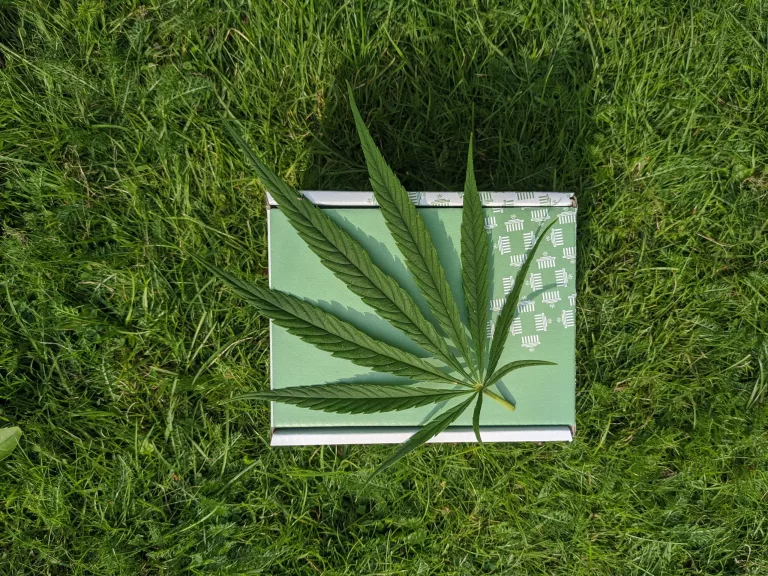Is THC Legal in North Carolina?
The answer is yes, for hemp-derived THC containing less than 0.3% Delta 9 THC. As of July 1, 2022, Governor Roy Cooper has signed a bill that effectively removes hemp as a controlled substance, thereby rendering hemp-derived THC permanently lawful in the state of North Carolina. As per the federal farm bill, any hemp-derived products containing less than 0.3% Delta 9 THC are deemed legal.
What is the 2018 Farm Bill?
The Farm Bill is a comprehensive piece of legislation that is enacted by the United States Congress every five years or so. It covers a wide range of issues related to agriculture and food policy in the United States, including commodity programs, conservation efforts, trade agreements, research and development, rural development, and food assistance programs.
The most recent Farm Bill was passed in 2018 and is known as the Agricultural Improvement Act of 2018, or the 2018 Farm Bill. It includes a number of provisions related to cannabis, although the extent to which these provisions apply depends on the laws of the individual states.
One of the most significant provisions of the 2018 Farm Bill is the removal of hemp (a type of cannabis plant with low levels of THC, the psychoactive compound in marijuana) from the list of controlled substances under the federal Controlled Substances Act. This change allows states to regulate hemp production and sale, as long as they follow certain requirements set by the U.S. Department of Agriculture (USDA).
The 2018 Farm Bill also includes provisions related to research on the potential medical benefits of CBD (cannabidiol), a non-psychoactive compound found in hemp and marijuana, and it allows for the interstate commerce of hemp-derived CBD products. However, the sale and possession of marijuana, which is still classified as a controlled substance at the federal level, is not legal under the Farm Bill.
It’s worth noting that the 2018 Farm Bill only applies to federal law and does not change the legal status of cannabis at the state level. Some states have legalized marijuana for medical or recreational use, while others have not. It is important to be aware of the laws in your state regarding cannabis.
Since it only applies to federal, what about local North Carolina Law?
On Wednesday June 29 2022, the North Carolina Senate passed a bill to keep hemp farmers and sellers in business, with a 41-2 vote. This measure was passed just over 24 hours before a deadline that would have made the hemp industry illegal in the state starting on Friday. The bill was one of several that advanced to the governor’s desk on Wednesday as the short legislative session neared its end. Lawmakers had hoped to end the session before the July 4th holiday weekend.
The passage of the bill ends a political standoff between the Republican-controlled House and Senate. Earlier in the week, the House had passed a more comprehensive agricultural bill, Senate Bill 762, after a committee voted to remove hemp legalization from the farm bill. The House had instead supported Senate Bill 455, a more narrowly focused hemp legalization bill. After the House removed hemp legalization from the Senate’s proposal, the Senate refused to consider the House’s more narrowly focused legislation.
In the end, both measures were sent to the governor on Wednesday. The state had temporarily legalized the agricultural crop through a pilot program in 2015, but that program was set to expire on Thursday. Without the legalization of hemp, the industry would have been treated as an illegal controlled substance, similar to marijuana, making sellers subject to charges for possession and trafficking.
Governor Roy Cooper signed the bill before the Thursday night deadline to keep hemp legal. In recent years, there has been opposition from law enforcement groups to permanently legalizing hemp, as they believe it would make it difficult to arrest people for possession of marijuana. However, there has been little opposition to the bill this year.






